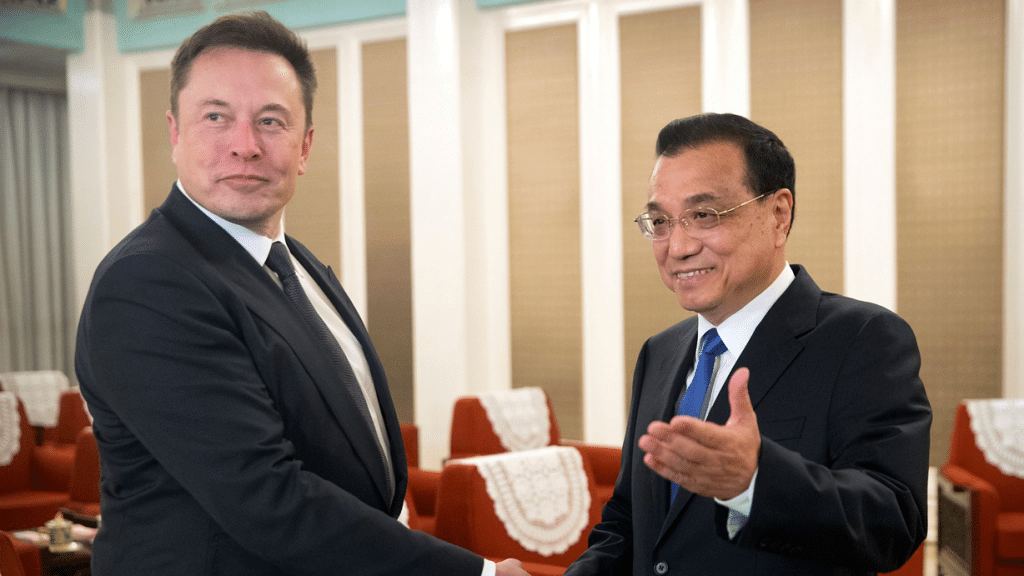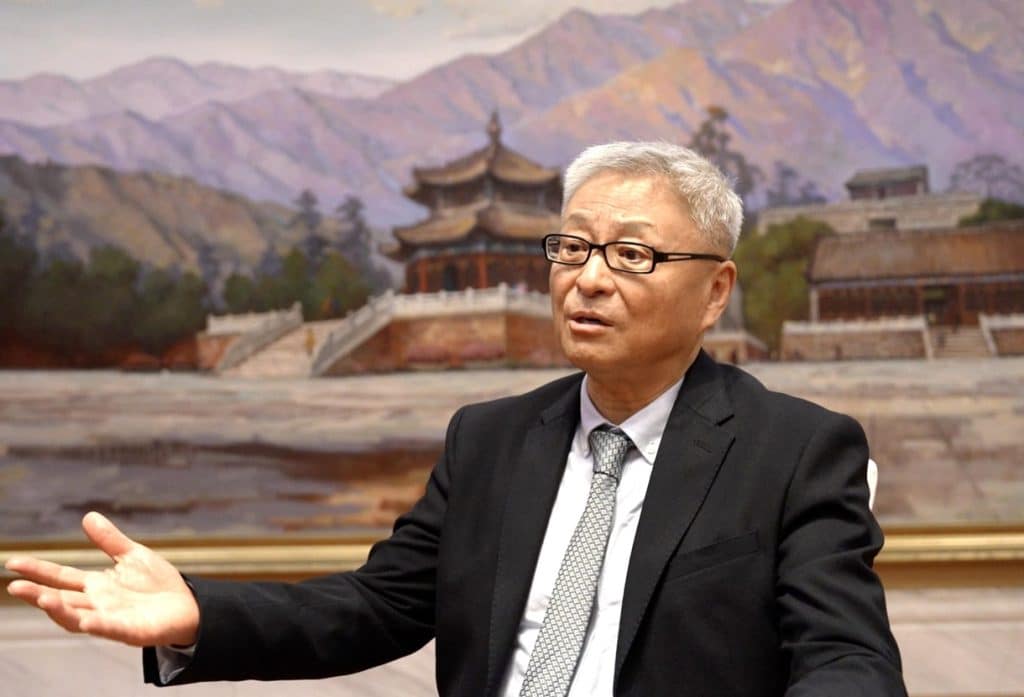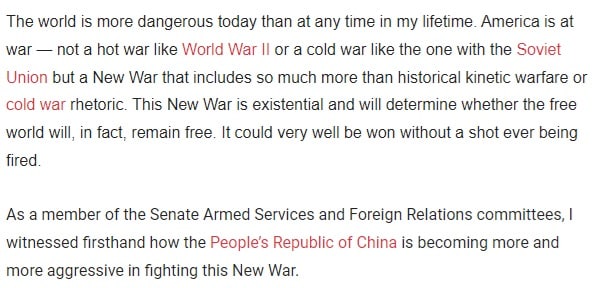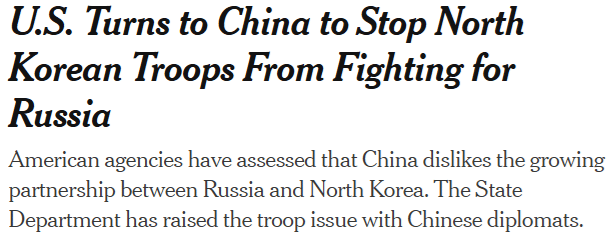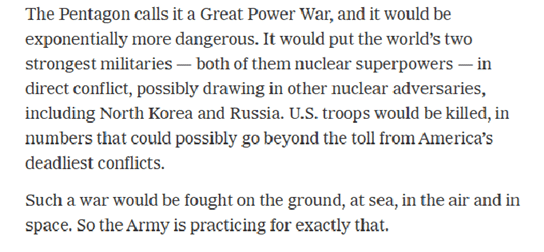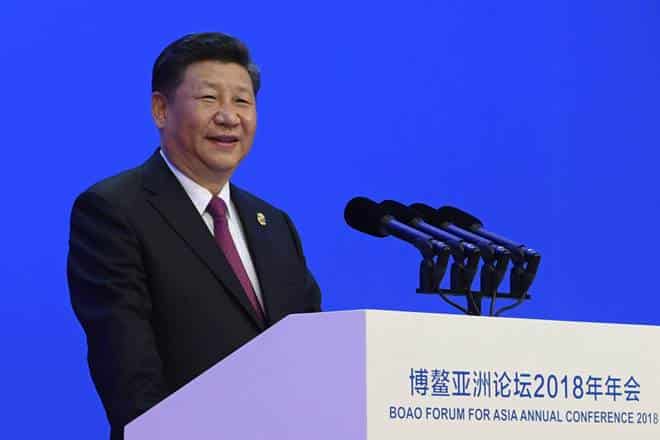Exclusive Interview: Chinese-Ghanaian Friendship Looks Forward to Improvement
作者:Henry Yaw Mallet 来源:US-China Perception Monitor
In June 2013, two associates from The Carter Center’s China Program took a 10-day trip to Ghana to explore Sino-Ghana affairs. This is one of the interviews they conducted with locals while in Ghana.
Henry Yaw Mallet is the Publicity Chairman of Executive Member of the Ghana-China Friendship Association.
Q. How long have you been with this association?
A. I have been with this association for the past 7 years.
Q. From an individual perspective, how do you see China’s influence in Ghana?
A. [To understand] China’s influence in Ghana, looking at it from a developmental perspective, you have to look at in a positive light. I think Ghana needs China for its development more than any other country, if their intentions are understood.
Q. If the Chinese interests are understood?
A. Yes.
Q. How do you see China’s interaction with Ghanaians?
A. There is much work to be done. There is a language issue. I see cultural differences. Once we come to understand each other, and become friends with each other, as our association wants to promote, we wouldn’t have difficulties in that area. It is easy to deal with other nationals because they speak English. It is very difficult to deal with the Chinese, as of now. I think that can be worked on.
Q. Do you see many Ghanaians learning Chinese?
A. I think it is important for Ghanaians to learn Chinese. It will be difficult for those over the age of 50, but there should be a conscious effort made by those under 40 to learn Chinese. I think it would help a lot if Ghanaians understood or spoke Chinese. That would be very important.
Q. What do you think is the general Ghanaian perspective of China?
A. I see it as a misconstrued situation where they think another governing body is coming in when we are trying to rid ourselves of our colonial past. So they see that whatever they bring, they are bringing carrots with a stick. That is the way that they see it. That is the perspective that is growing. It is fostered by trade imbalances where Ghanaian companies are collapsing and the Chinese imports are growing, so these are some of the problems that exist.
>Q. When we were speaking earlier, you mentioned how at one point you had been called a traitor, unfortunately, for your efforts to bridge the misunderstandings between Ghanaians and the Chinese. How have you resisted that unfair characterization?
A. I for one think it was nice that I could be called a traitor. Not because I am one. It tells me the thinking of the ordinary person towards the work I am doing, and towards the Chinese. I think that there is a grey area, which we have to work out. Those who are saying it do not exactly understand what the relationship should be and what it could lead us both to and what the mutual benefits could be. They are not looking at it from that angle, and I think it is work that some of us must undertake. They are looking at it from their anger. We have to work at it.
Q. What do you think the majority of Ghanaians would like to see happen with the relationship with the Chinese?
A. Improved.
Q. Improved or do they want the Chinese to go?
A. They don’t want the Chinese to go. There is a saying, I don’t know where it came from, that Ghanaians are the most hospitable people in the world. They call it Ghanaian hospitality. I am here to help this community against any nationality here or there. I don’t know what Ghanaian hospitality will be if we are against the Chinese in particular.
Q. Ways to improve the Chinese-Ghanaian relationship. You mention language is the major factor. Do you see anything else that either side could do to move things forward?
A. They should understand the Ghanaians and be accommodating. Ghanaians should be accommodating, yes, but both sides must be accommodating. It is important for an employer to learn the Ghanaian culture and live like a Ghanaian. When you live like a Ghanaian, you will find the Ghanaians to be very friendly. Some employers call them lazy people. As a perception, Africans are lazy. The fact is that they are not. If you understand why they will not work on a particular day, you can work with that. You can work your business hours to suit your work plan. You have to give them time to do what they have to do. If you take all the hours away from them, that will be a problem.
Q. That is not going to go over well in Ghana.
A. Yes. Let’s put it this way, if you calculate the number of holidays in China, we do not have the number of holidays in Ghana as they have in China or in Asia. So the work is developed in such a way to accommodate their weekends. They can work 8 hours, or they can work 12 hours. If the understanding is there, it works.
Q. Do you have personal friendships with Chinese or do you know people that do?
A. I have personal friendships with Chinese at home here and abroad in China. There is one of them, George Wu, who is very ill and is in New Zealand. He has a kidney problem. He wants to build a factory here, and he wants to buy a company. It is unfortunate that he is still ill. I don’t know when he is going to get better, but I wish him well. There is a man, Johnny, who owns the Mandarin Restaurant in Accra who is a personal friend of mind, like a brother. I have a lot of Chinese friends. Maybe because I went to seek them out.
Q. Do you feel ordinary Ghanaians get opportunities to befriend Chinese?
A. It is difficult because where do you find the Chinese if you don’t go to them? They don’t come to you. If you are able to go to them, it will help. The language is a problem. They also must start to make the effort.
Q. How do you feel Ghana fits into the larger Sino-African relationship? The example of Ghana? The case of Ghana?
A. I see the stability here as well as in South African countries. I think any serious Chinese investor or organization who has a model that is successful here, that can be replicated in various African countries. I think if they come, it will work. The Chamber of Commerce in Beijing wants to bring Chinese manufacturers here and use them as a model for the rest of Africa and replicate it. The Wenzhou Chamber of Commerce also want to invest in Ghana. They don’t want to take anyone’s money. They want to bring their own money and if they lose it, it is their personal loss. It will not be a loss to the country. They want to see how they can come and help.
Q. Is there anything else you think we should know about the Ghana-Chinese relationship?
A. If Ghana wants to realize its developmental goals, if Ghana wants to see itself at a certain level in the next 10 years, we have to work with China. I am not saying we should go and copy what China has done. I am saying we have to learn from what China has done. We should interact with the Chinese at every level, be it capital, technology or science. (Henry goes into a discussion of his cousin’s views of agricultural cooperation.) We need a Ghana-China policy.
Q. One does not exist?
A. We have a general one, but we need one strictly between Ghana and China. We need free movement, no visa to travel, scholarships to study here or there. Implement other preferred trade situations. If we had that, it would encourage Chinese investors that we have enough protection to come into the system. It would let Ghanaians know that if they are in China, they are at home.
来源时间:2018/4/5 发布时间:2013/7/29
旧文章ID:15811


